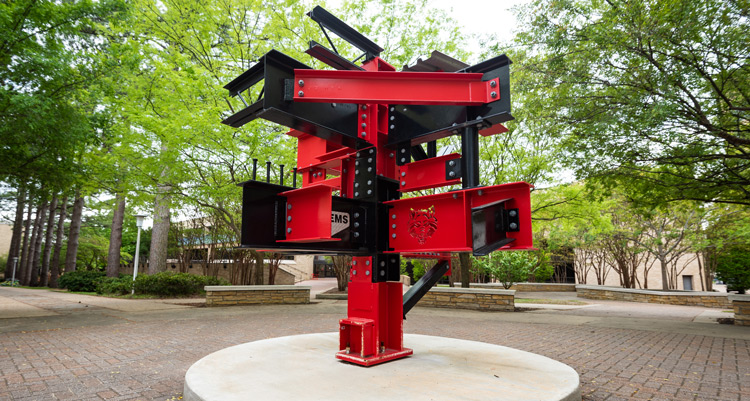
A Unique Educational Experience
Our engineering programs are recognized regionally and nationally for their academic excellence and unique educational experience. We believe in promoting excellence in engineering education with emphasis on teaching, mentoring, and student learning.
Our Mission
Recognizing that the engineering graduates of the College of Engineering and Computer Science will pursue their careers in an ever changing world, the overall mission of the College is to provide a broad education in the fundamentals of engineering while providing opportunities for specialization in selected areas that meet the needs of our constituents.





